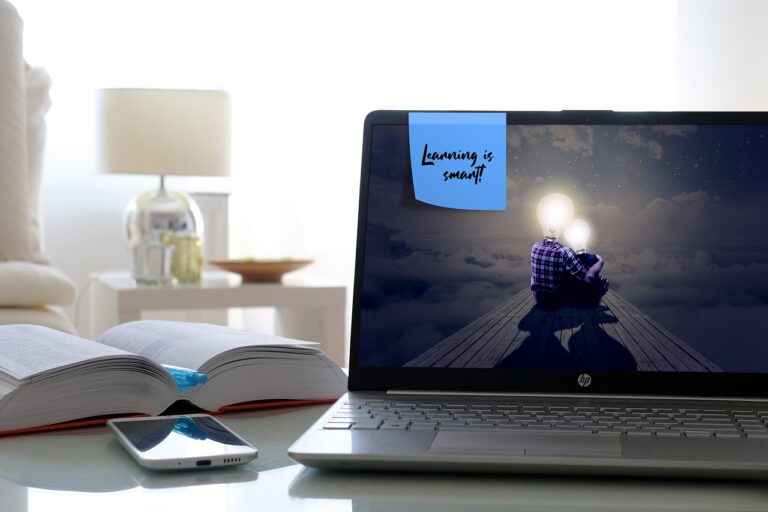Navigating Copyright Issues in Online Education Materials: Cricbet99 register, Sky1exchanges id, 11xplay reddy anna
cricbet99 register, Sky1exchanges ID, 11xplay reddy anna: Navigating Copyright Issues in Online Education Materials
In the digital age, online education has become more prevalent than ever before. With the convenience and accessibility it offers, educators are constantly creating and sharing materials online to enhance their students’ learning experience. However, when it comes to using copyrighted materials in online education, it’s essential to navigate the legalities to avoid potential copyright infringement issues.
Understanding Copyright Basics
Before delving into the complexities of copyright issues in online education materials, it’s crucial to have a solid understanding of copyright basics. Copyright law grants the creator of original works exclusive rights to use and distribute their creations. This includes literary works, music, artwork, and other types of creative content.
Fair Use Doctrine
One of the most common exceptions to copyright law is the fair use doctrine. Fair use allows for the limited use of copyrighted materials without the permission of the copyright owner for purposes such as criticism, comment, news reporting, teaching, scholarship, and research. When determining whether the use of copyrighted material falls under fair use, several factors must be considered, including the purpose and character of the use, the nature of the copyrighted work, the amount and substantiality of the portion used, and the effect of the use on the market.
Obtaining Proper Permissions
If you’re unsure whether your use of copyrighted materials falls under fair use, it’s best to err on the side of caution and obtain proper permissions from the copyright owner. This can involve reaching out to the copyright owner directly or utilizing licensing platforms such as Creative Commons, which offer a range of licenses that allow for the legal use of copyrighted materials under certain conditions.
Citing Sources
Properly citing your sources is essential when using copyrighted materials in online education materials. Not only does it give credit to the original creator, but it also helps establish the legitimacy of your use of the material. Make sure to include accurate and complete citations for any copyrighted materials used in your online content.
Educating Yourself and Others
To navigate copyright issues effectively, it’s essential to stay informed about copyright law and regulations. Educate yourself and your students about the importance of respecting copyright and intellectual property rights. By fostering a culture of compliance and ethical use of copyrighted materials, you can create a more positive and legally sound online learning environment.
Embracing Open Educational Resources (OER)
One way to mitigate copyright issues in online education materials is to utilize open educational resources (OER). OER are freely available educational materials that can be used, adapted, and shared without violating copyright. By incorporating OER into your online courses, you can provide high-quality educational content while avoiding potential copyright pitfalls.
FAQs
Q: Can I use images from Google for my online education materials?
A: It’s best to use images that are labeled for reuse or obtain proper permissions from the copyright owner before using images from Google in your online education materials.
Q: How can I determine if my use of copyrighted materials falls under fair use?
A: Consider the purpose and character of the use, the nature of the copyrighted work, the amount and substantiality of the portion used, and the effect of the use on the market when determining if your use of copyrighted materials falls under fair use.
Q: Is it legal to share PDFs of copyrighted textbooks with my students?
A: Sharing PDFs of copyrighted textbooks with your students may infringe on copyright law unless you have obtained proper permissions from the copyright owner or the use falls under fair use.
In conclusion, navigating copyright issues in online education materials requires a proactive approach to ensure legal compliance and ethical use of copyrighted materials. By understanding copyright basics, obtaining proper permissions, citing sources, educating yourself and others, embracing OER, and staying informed about copyright regulations, you can create a legally sound and enriching online learning experience for your students.







